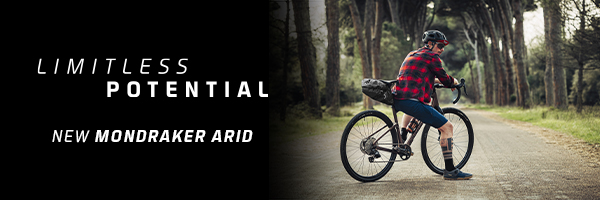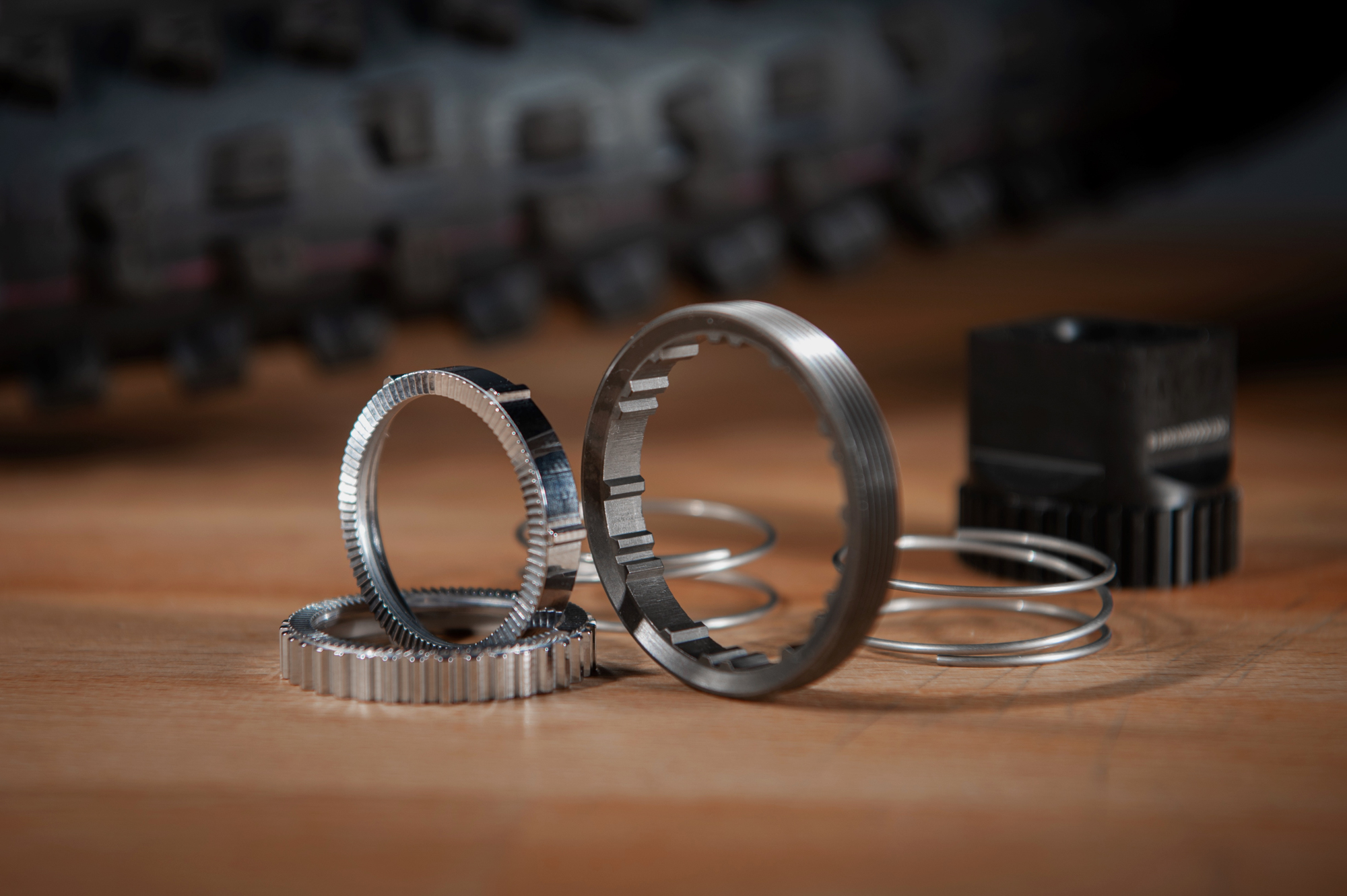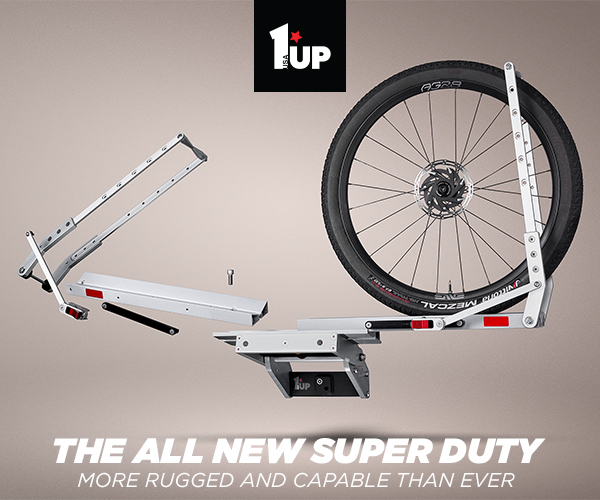Right around April Fool’s Day 2020, a strange product hit the scene called the Ochain (OH-chain). It was an aftermarket “spider” that allowed for limited rearward rotation of the chainring relative to the crank. This was to combat pedal-kickback, which is the occasional tendency for a bike’s rear suspension motion to tug rearward on the chain, and thus the pedals. Pedal kickback is a tricky thing to pin down, because it doesn’t happen for every rider or on every bike. If you’re traveling fast enough, or if the impact is shallow enough, the motion may not be extreme enough for kickback to occur. And some suspension designs are more susceptible than others.



But for riders on long-travel bikes riding extremely technical terrain that may feature intense, but slow-speed drops and impacts, the Ochain has gathered quite a following. It has become a pretty common sight on downhill and enduro bikes, especially among racers. It’s spawned a similar product from a brand called Rimpact, and a hub-based approach from e*thirteen called the Sidekick. SRAM even acquired Ochain earlier this year. And today we’ve got news of a new development: The DT Swiss DEG DF Upgrade.

DT Swiss recently introduced their DEG ratchet design, which includes a larger-diameter, lower-drag, quicker-engagement version of their ubiquitous Ratchet EXP system. In some situations, quicker hub engagement can lead to more frequent, intense events of pedal kickback. But slower-engaging hubs don’t necessarily eliminate pedal kickback if an impact comes immediately after the ratchet teeth pass one another. That’s why products like Ochain, Rimpact, and Sidekick exist. But the DT Swiss DEG DF Upgrade is the simplest, lightest, and cheapest method yet.


It’s pretty ingenious. The inner ratchet ring on a traditional DEG hub slides on splines in the hub shell. Those splines are part of a removable ring that can be threaded out of the hub if damaged. Or, in the case of the DEG DF Upgrade, if you want to change how that ratchet ring behaves. The DF Upgrade includes a new set of ratchet rings, which lock together just like the ones they’re replacing. But the special DF ratchet ring that sits inside the hub has fewer outside splines. It’s paired with a replacement version of that threaded removable ring, whose inner splines featured staggered spacing. Depending on how you clock the special DF ratchet in that outer ring, it is able to float 20°, 10°, or 0°. Or, on the e-bike-specific “Hybrid” model, 10°, or 0°.

All you have to do is unthread the stock outer ring from the hub body using a specific tool made by DT Swiss, and thread in the DF outer ring. Then, when re-assembling the ratchet mechanism, pick how much float you want the freehub to have. Generally, longer-travel downhill and gravity bikes will merit the 20°, trail and all-mountain bikes will merit the 10°, and situations where quick engagement outweighs downhill performance will merit the 0°. Once the system is installed, you can swap between modes with no special tools. You don’t even need to remove your cassette. You just need a 6mm wrench to take off your rear wheel.

And perhaps most impressively, it’s cheap. An Ochain spider costs between $340 and $400 depending on the version. A Rimpact spider costs about $325. An e*thirteen hub goes for $500. But if you’ve got a DT Swiss DEG hub and access to that hub-disassembly tool, the DF Upgrade kit costs just $176.20, or $203.30 if you need the tool.









